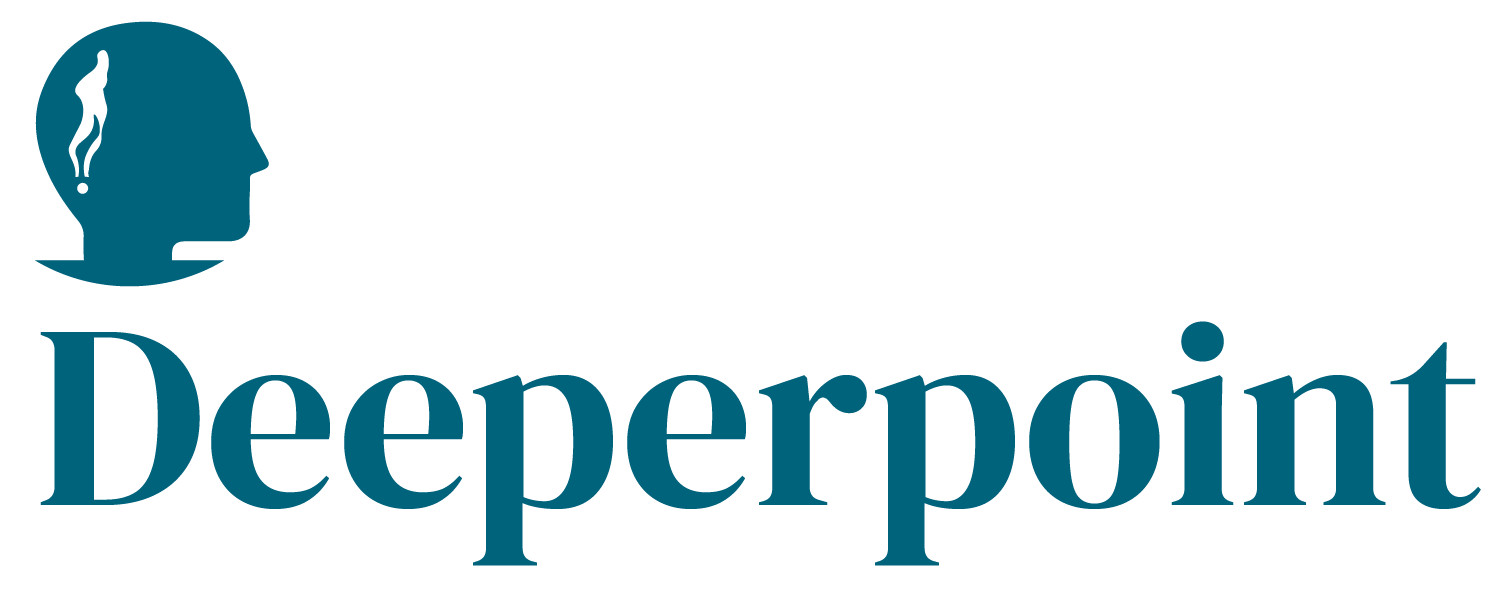Question:
One of the characteristics of an ai enhanced market website is that it is easy to spontaneously make galleries with subgroupings based on subtle criteria. There is a phenomenon for stores in older cities where small stores selling similar goods or catering to a common market tend to cluster together in one location. An example is the “gold street” in the grand bazaar in Istanbul. Using GrainPlaza as an example, how can I display the subtle ai profiles so as to pick up the city clustering meme?
Clustering as Market Thickening
Information Density: The Istanbul Gold Street creates artificial market thickness by:
- Concentrated discovery: Buyers can efficiently compare subtle variations (22k vs 24k, Turkish vs Italian styles)
- Reputation spillovers: Quality vendors attract quality neighbors, creating trust zones
- Knowledge accumulation: Specialized expertise clusters (craftsmen, appraisers, traders)
Reduced Search Costs:
- Buyers and sellers are widely scattered (physically or virtually) and thus have difficulty learning about each other – clustering solves this by making comparison shopping efficient.
Network Effects in Clusters:
- Complementary services emerge: In grain clusters, you’d see testing labs, storage facilities, shipping coordinators co-locating
- Specialized financing: Trade credit, commodity financing, crop insurance specialists
- Market makers: Brokers who understand the subtle differences between, say, Montana vs North Dakota spring wheat
Quality Signaling Through Location:
- Entrance barriers: Premium districts self-select for quality (high rents, reputation requirements)
- Peer monitoring: Vendors police each other’s quality to protect district reputation
- Collective marketing: “Grain Quarter” becomes a brand itself
Temporal Clustering: Unlike physical spaces, you can create time-based clusters:
- “Harvest Season Active Sellers” (September)
- “Contract Negotiation Window” (January-March)
- “Spot Market Opportunities” (real-time)
